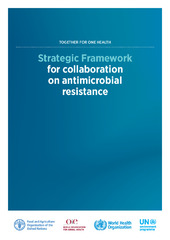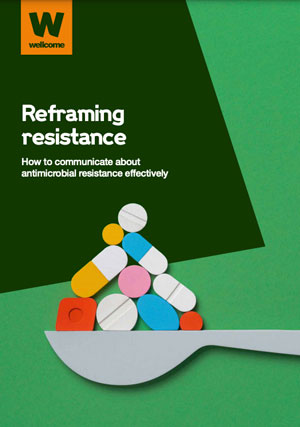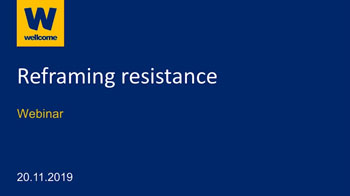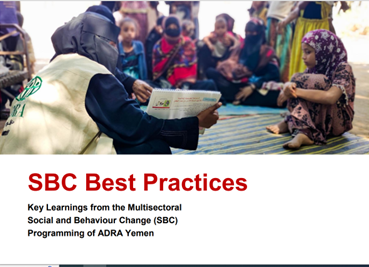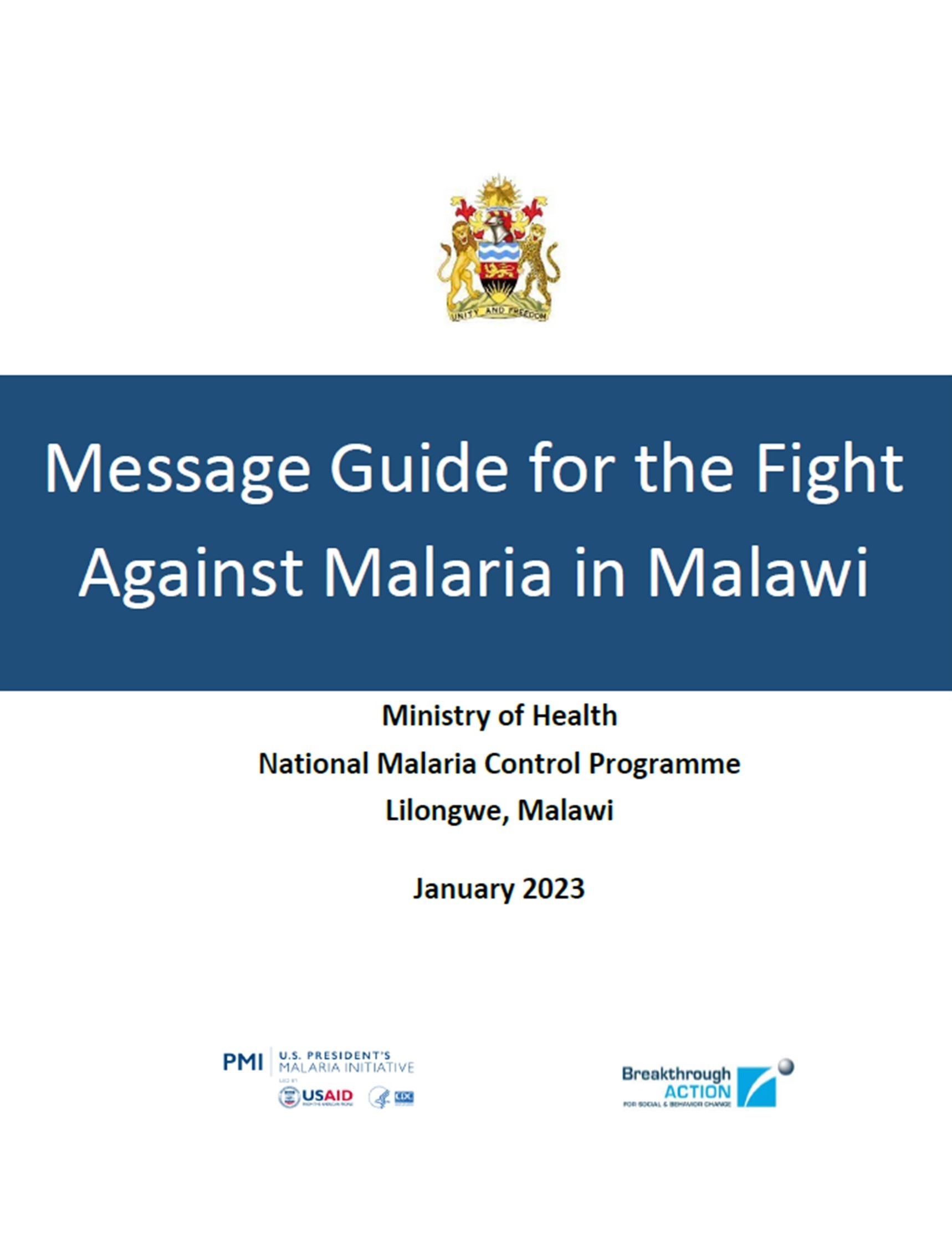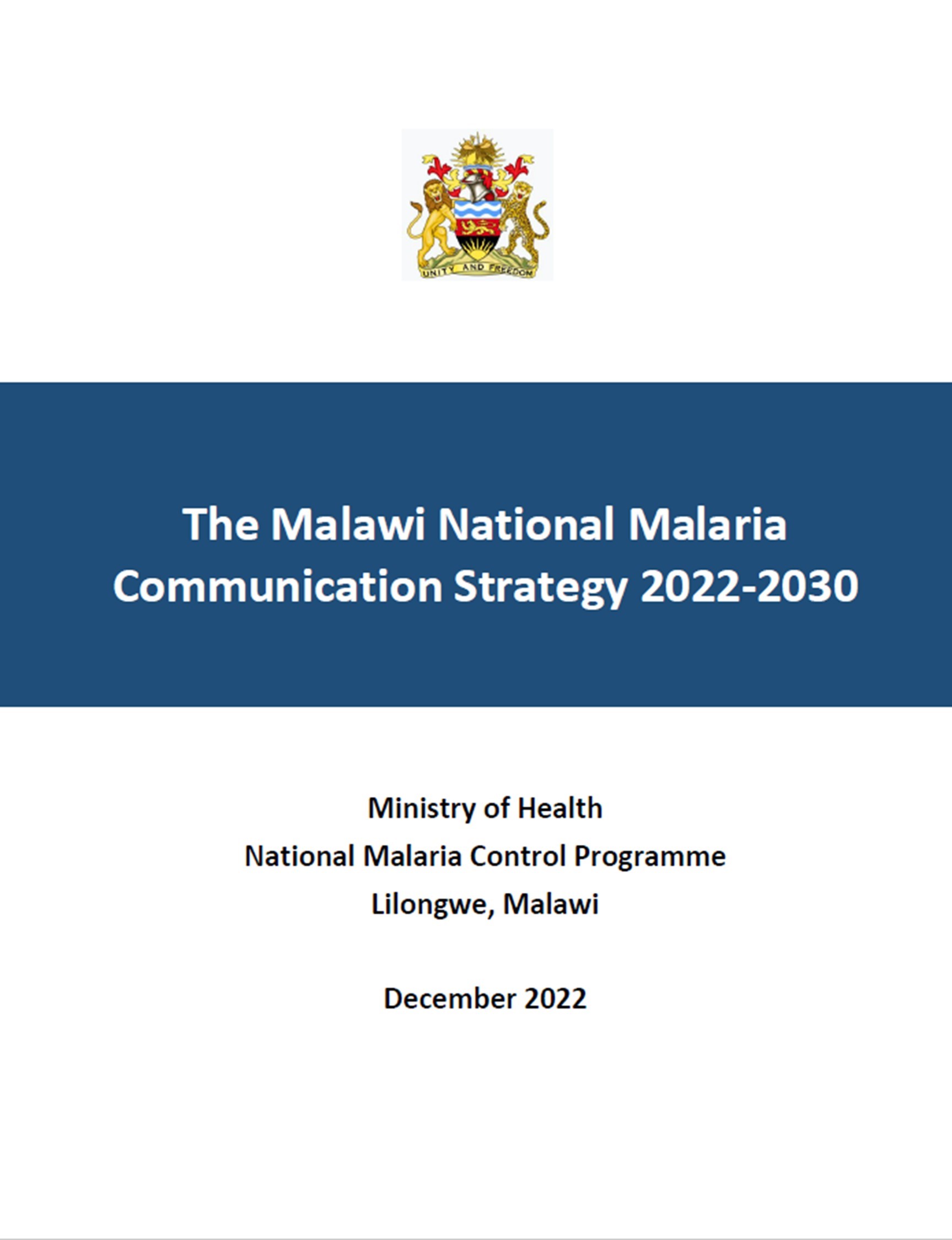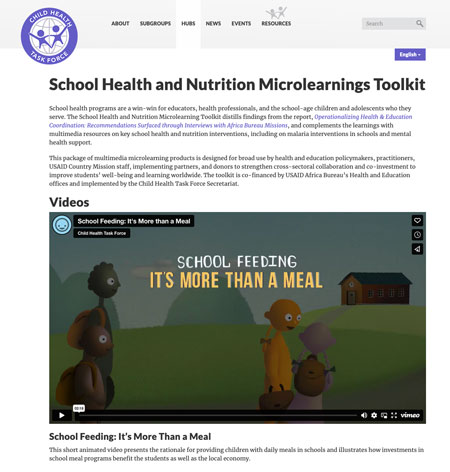Strategic framework for collaboration on antimicrobial resistance
Building on the momentum of increased collaboration, the WHO, FAO, WOAH, and UNEP have developed a Strategic Framework for collaboration on antimicrobial resistance (AMR). This Framework reflects the joint work of the four organizations to advance a One Health response to AMR at the global, regional, and country levels. It broadly supports the implementation of the five pillars of the Global Action Plan on AMR, as well as strengthening global AMR governance.
Last modified: August 31, 2023
Language: English
Source: WHO
Year of Publication: 2022

